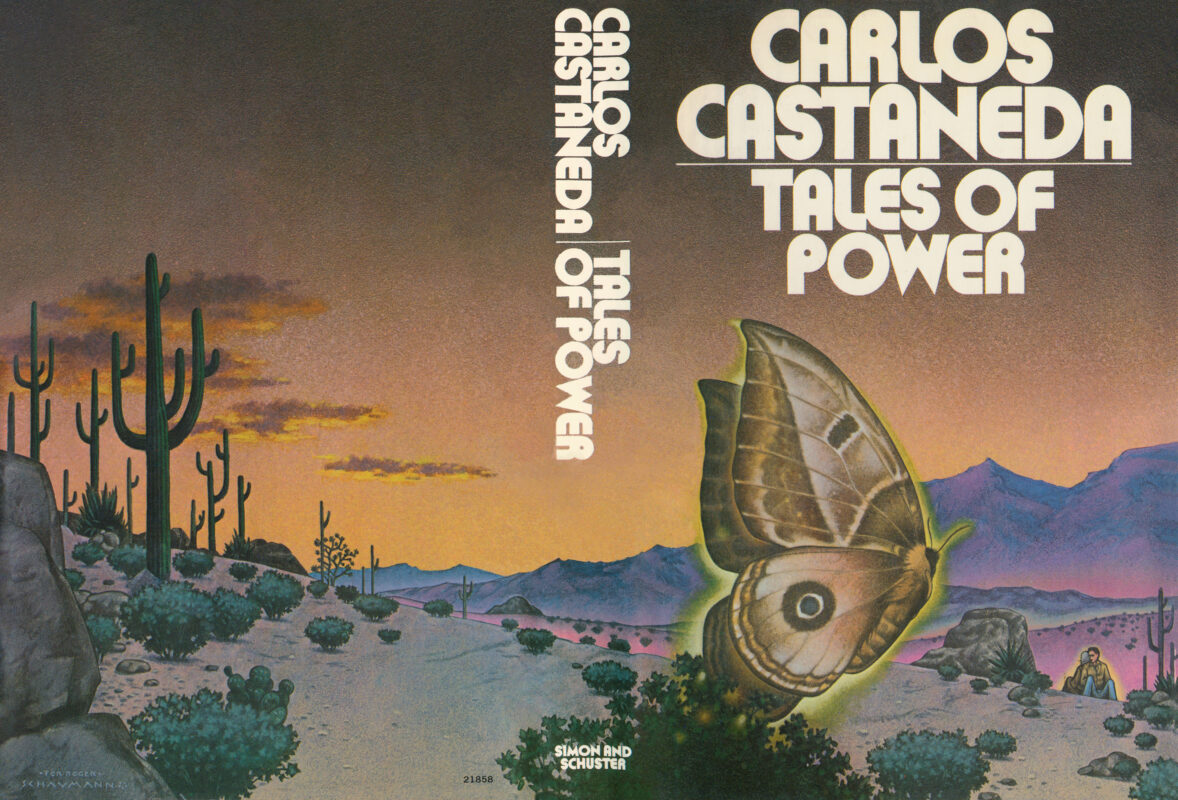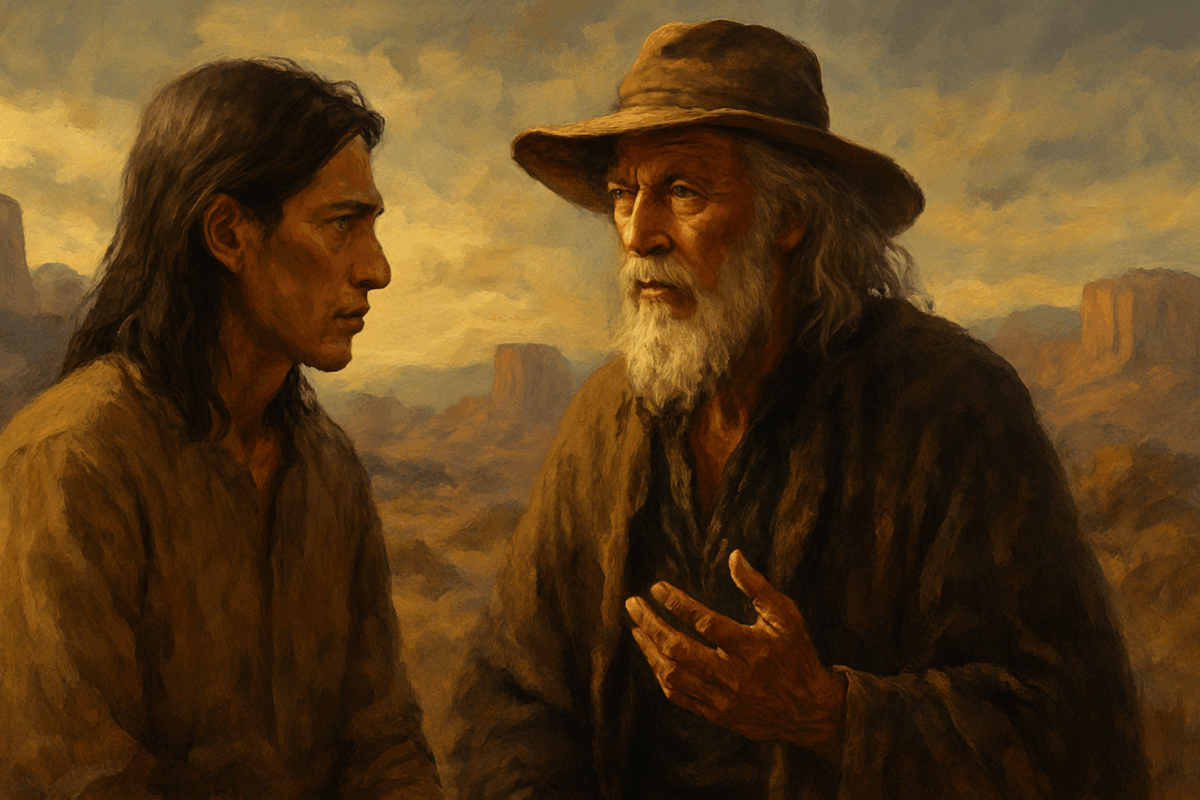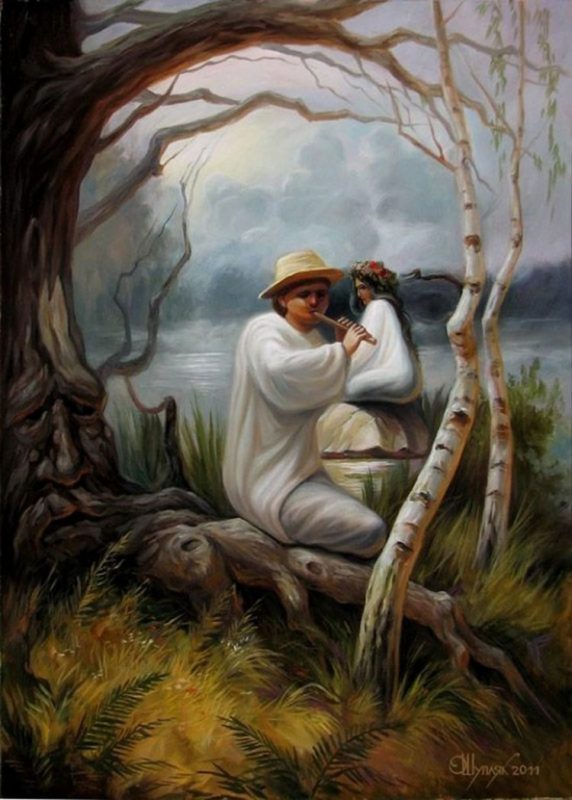Tales of Power – The Strategy of a Sorcerer
In this chapter, Don Juan finally delivers the long-awaited “sorcerers’ explanation,” which turns out to be not an abstract theory but a meticulous, hours-long recapitulation of the narrator’s entire apprenticeship. He reveals the hidden strategy behind every lesson: to systematically “clean and reorder the island of the tonal” to prepare for the encounter with the nagual. After laying out the complete theoretical framework of his teachings—including the roles of the teacher and the benefactor and the nature of the “bubble of perception”—the chapter pivots from words to a terrifying, direct experience, as Don Juan and Don Genaro guide the narrator to leap into an abyss, forcing him to finally unfold the “wings of perception.”




